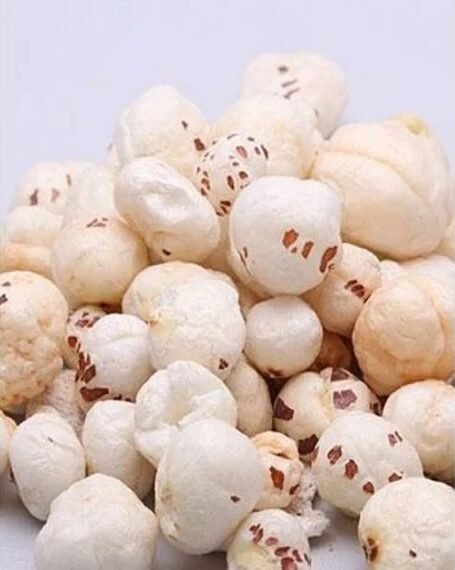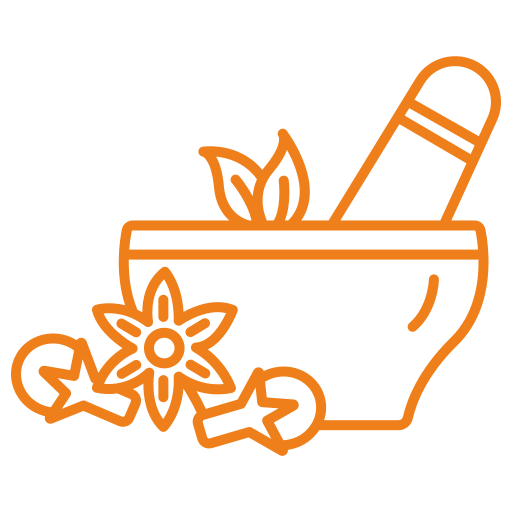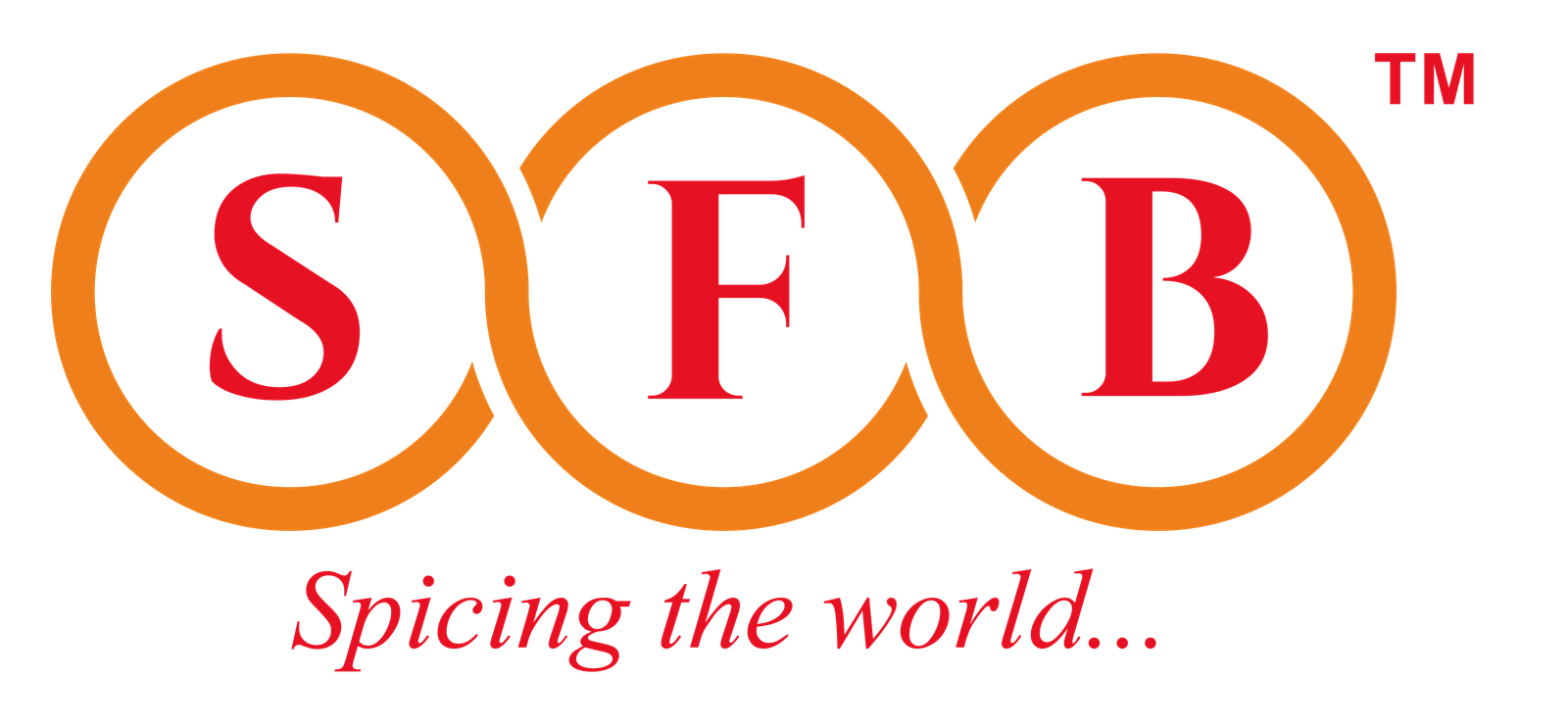Indian Spices
Lotus seeds – also known as fox nuts, makhana or water lily seeds – are a versatile and delicious ingredient used across India and other parts of the world. They are commonly used to create popped lotus seeds or phool makhana, which are becoming a popular snack outside of their native home in India. Popped lotus seeds have been eaten in India for centuries, where they’re a Ayurvedic superfood, and are now becoming popular around the world too.
You can learn more about lotus seeds, where they come from, their health benefits, and much more here.
Description
A lotus seed or lotus nut is the seed of plants in the genus Nelumbo, particularly the species Nelumbo nucifera. The seeds are used in Asian cuisine and traditional medicine. Mostly sold in dried, shelled form, the seeds are rich in protein, B vitamins, and dietary minerals.


History
The plant was anciently found in Asia, Iran, and Egypt and used as a metaphor for almost 4,000 years. Lotus is usually found along river Nile’s bank (Kandeler & Ullrich, 2009). The plant was carried from Egypt to the Middle East ancient empires (Assyria). It was planted in China, Persia, and India as architectural motifs. It was then introduced from China to Japan, cultivated for thousands of years and now found in every botanical garden. For 7,000 years, lotus seeds have been grown as a vegetable as well as for medicinal purposes. Nowadays, it is an important plant from an economical point of view in countries of Asia. Lotus seeds are extensively cultivated in India, Japan, and China.
Specification
Product Name | Lotus Seed (Makhana) |
Origin | India, Bihar |
Family | Water lilies |
Binomial name | Euryale ferox |
Feature and Characteristic
Color | White |
Taste and Smell | makhana has a bland taste |
Quality | Makhana with intact and unbroken seeds |
Nutritional Information per 100 g (Approx)
Principle | Nutrient Value | Percent of RDA |
Energy | 332 Kcal | 17% |
Carbohydrates | 64.47 g | 49% |
Protein | 15.41 g | 27% |
Total Fat | 1.97 g | 10% |
Cholesterol | 0 mg | 0% |
Vitamins
Folates | 104 μg | 26% |
Niacin | 1.60 mg | 10% |
Pantothenic acid | 0.851 mg | 17% |
Pyridoxine | 0.629 mg | 48% |
Riboflavin | 0.150 mg | 11.50% |
Thiamin | 0.640 mg | 53% |
Vitamin A | 50 IU | 1.66% |
Vitamin C | 0 μg | 0% |
Electrolytes
Sodium | 5 mg | <1% |
Potassium | 1368 mg | 29% |
Minerals |
|
|
Calcium | 163 mg | 16% |
Copper | 0.350 mg | 39% |
Iron | 3.53 mg | 44% |
Magnesium | 210 mg | 52% |
Manganese | 2.318 mg | 100% |
Phosphorus | 626 mg | 89% |
Zinc | 1.05 mg | 9.50% |

Use and Benifits
Lotus Seed USES & BENEFITS :
- Makhana, also known as fox nuts, offer a range of proven health benefits.
- They promote kidney health by regulating blood flow and promoting urination. Additionally, they contribute to a healthy heart by regulating blood pressure.
- Makhana also detoxifies the liver, helps regulate blood sugar levels for diabetic patients, and strengthens bones due to their calcium content.
- They aid in weight loss by being low in cholesterol and calories, maintain hormonal balance, support a healthy digestive system, and are beneficial for female fertility.
